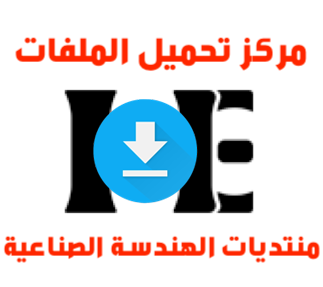يهدف هذا المشروع إلى بناء نهج منظم لتطوير المنتجات من خلال بيت الجودة (HOQ) مع تطبيق منتجات الكرتون في الشركة الوطنية لصناعة الكرتون المحدودة (NCI). وبدأت إجراءات تنفيذ المشروع وعملية نشر الجودة (QFD) من خلال تحديد متطلبات العملاء وتوقعاتهم من منتجات الرسوم الكاريكاتورية NCI وأهميتها. تم تحديد العلاقات المختلفة بين هذه التوقعات والمتطلبات الفنية المقابلة لتلبية هذه المتطلبات بالإضافة إلى العلاقة بين المتطلبات الفنية نفسها. وللتعرف على الفروق الحقيقية بين منتجات NCI ومنتجات المنافسين ، كانت مصفوفة التخطيط هي قاعدة عملائها وتوسيعها بالفعل في المستقبل. في الواقع ، فإن QFD هي منهجية لقياس وتحليل مؤشرات التقييم من خلال مصفوفة علاقتها نشر وظيفة الجودة (QFD) هي طريقة تم تطويرها في اليابان بداية من عام 1966 للمساعدة في تحويل صوت العميل [VOC] إلى الخصائص الهندسية لمنتج ، المطور الأصلي ، ووصف QFD بأنه "طريقة لتحويل متطلبات المستخدم النوعية إلى الكمية المعلمات ، لنشر وظائف تشكيل الجودة ، ونشر طرق لتحقيق جودة التصميم في النظم الفرعية والأجزاء المكونة ، وفي النهاية إلى عناصر محددة في عملية التصنيع ، وجمع المؤلف أعماله في نقاط ضمان الجودة ومراقبة الجودة مع نشر الوظائف المستخدمة في هندسة القيمة.
An estimated 16% of the world’s population do not have access to electricity, and most of them live in rural areas. A reliable energy access for rural communities will help them break out of the cycle of poverty and empowers significant socio-economic benefits. Specifically, the energy sector situation in Palestine suffers from scarcity of traditional energy sources, financial crisis and unstable political conditions. Meanwhile, Palestine has high solar energy potential and an annual average solar radiation of about 5.4 kWh//m2/day. This article provides a solution by designing a solar home system represented by a small, lightweight, decentralized and autonomous generation with a combination of four different electric appliances to cover several basic needs. The design is assessed by using the product design knowledge as this publication presents an overview of the approach used in structuring and using product design tools/techniques leading to shape formulation of system which is called SolenX. The paper also examines a business model that creates a heuristic logic to connect technical potential with the realization of economic value while addressing the total estimated manufacturing cost of $416 per unit. SolenX is powered by a 60 W foldable solar panel with a battery capacity of 0.480 kWh.
التحميل / DOWNLOAD
ملف عرض المشروع البريزنتيشن
ملخص المشروع
https://www.ienajah.com/up/do.php?id=357
